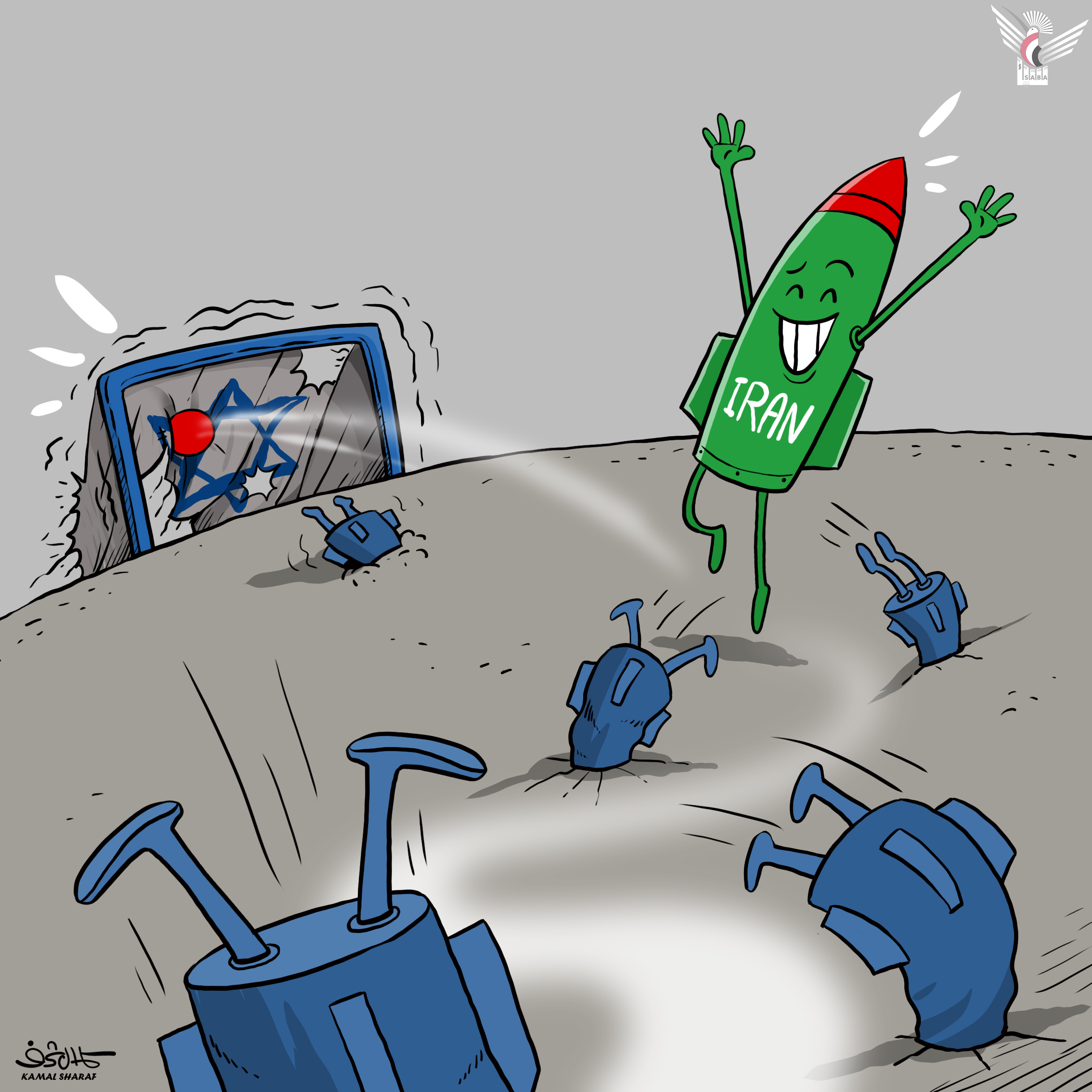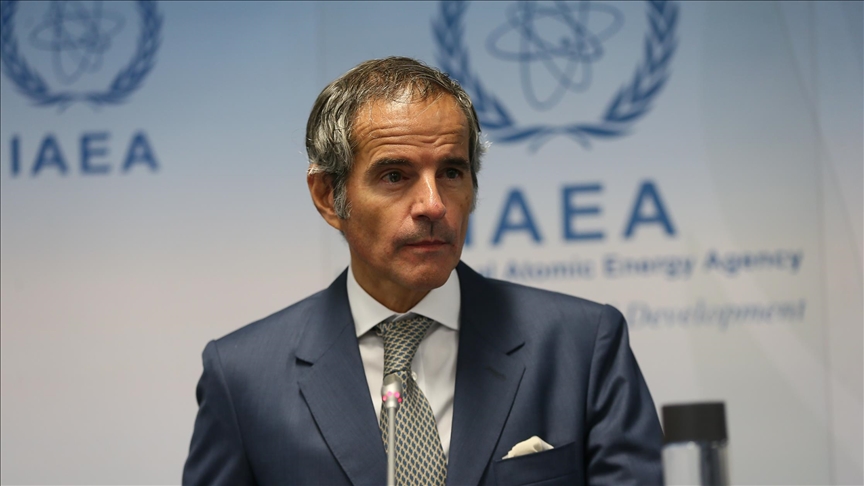Vienna - Saba:
Director General of the International Atomic Energy Agency (IAEA) Rafael Grossi affirmed on Friday that the agency's reports cannot be used as a pretext for launching military action against Iran, explaining that military decisions are made on political, not technical, grounds.
Grossi said in statements to US media outlets, "There is no evidence of an Iranian military nuclear program, and the agency's reports cannot justify military action against Iran."
He added, "The latest report on inspection activities in Iran does not contain substantive new information and does not show any current evidence of an organized Iranian program to manufacture or produce nuclear weapons."
Grossi pointed out that "in the early 2000s, some activities related to nuclear weapons production were recorded, but they no longer exist."
He stated that "talking about the time it might take Iran to develop a nuclear weapon if it decided to do so is currently unrealistic and speculative."
Grossi's statements come amid ongoing Israeli aggression against Iran since dawn last Friday, which has assassinated dozens of military leaders, scientists, and civilians, and targeted Iranian civilian, military, and nuclear facilities.
This comes after the IAEA Board of Governors adopted a resolution accusing Tehran of violating the Non-Proliferation Treaty and failing to cooperate on issues related to undeclared nuclear activities and materials dating back to before 2000.
Iran had previously denied these accusations, asserting that the allegations are old and that it had not concealed any nuclear activities.
On Thursday, Tehran accused Grossi of complicity and providing the Zionist entity with a pretext for its aggression against the country.
In a post on X platform, Iranian Foreign Ministry spokesman Esmail Baghaei accused IAEA Director General Rafael Grossi of "complicity and covering up the truth" through a "biased report."
Baghaei said that Grossi "hid the truth through his biased report," noting that the report was based on unfounded allegations made by the United States and the European Troika (France, Germany, and Italy), resulting in an inappropriate decision.
In a subsequent statement on Friday, the IAEA Director General confirmed that the Zionist attacks on nuclear facilities in Iran have caused a significant deterioration in security and safety levels.
Grossi explained that the agency has been monitoring the situation since the beginning of the Zionist attacks on Iran, noting that the attack on the Bushehr facility could lead to serious environmental damage, as it contains nuclear material, and could have catastrophic consequences for the population of Tehran.
He said that the attacks affected the electrical infrastructure at the Natanz facility, and that four buildings at the Isfahan site were damaged, in addition to direct damage to a centrifuge building.
Grossi stressed that Iran's uranium stockpile remains under safeguards, and that the agency is ready to resume inspections as soon as security conditions improve.
He expressed concern about the possibility of a radioactive leak if the escalation continues.

| more of (International) |




